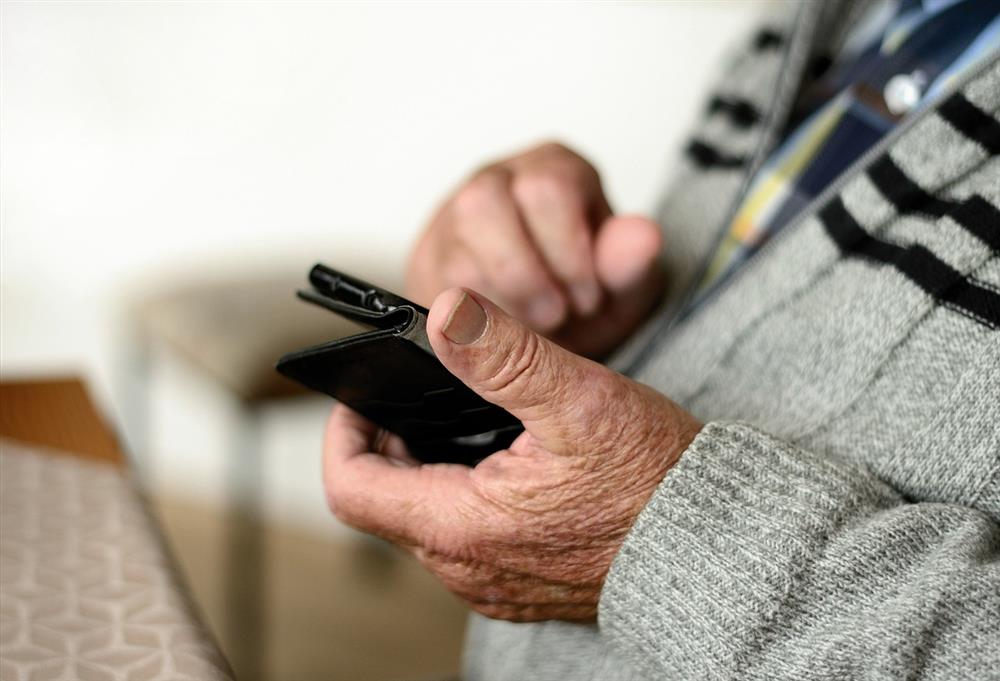Dementia is an overarching term to describe various symptoms of cognitive decline that affect 10% of Americans 65 and older. Symptoms like forgetfulness or trouble communicating can cause difficulties in day to day living. Though there is no cure for dementia, advances in technology can ease the caregiving burden and help keep those diagnosed more comfortable and safe.
GPS & Tracking Devices
Getting confused, lost, or wandering off often happens with patients suffering from dementia. GPS and tracking devices offer increased safety for the patient and a piece of mind for the caregivers. If the patient is wearing a GPS tracker, they can be easily located and returned home. There are also tracking devices that automatically alert emergency personnel to ensure a safe and speedy recovery.
Picture Phones & Communication Aids
Staying connected with others is essential to the quality of life of all aging adults, especially those in memory care. Technology like smartphones, picture phones, and other communication aids has made staying in contact with friends and family more easily. Picture phones are designed with large programmable buttons that simplify making calls. Some of the phones even have clear buttons where photos can be placed underneath so the user can push the button associated with the photos to call their loved one quickly. Other communication aids like FaceTime or Skype can be beneficial, especially for those who are geographically distant. Talking Mats is a popular app that allows people to communicate feelings by selecting symbols or pictures.
Home Care Robots
Home care robots provide aid and assistance to caregivers rather than act as a replacement for caregivers. These robots can assist in cleaning the house, managing medications, or contact medical professionals if needed.
Reminders
Caregivers can record messages and connect them with timers or devices around the home to play as reminders for those with dementia. These reminders can be time-based or action-based, such as medication reminders or a reminder to lock the door when the person leaves their home.
Medication Management
Medication management is a worry for caregivers who aren’t with their loved ones daily. Will they remember to take it, and will they take the proper amount? Technological assistance for management can be as simple as a marked pillbox or a vibrating alarm on a watch to automated pill dispensers that beep and open when it is time to take medication.
Home Monitoring Devices
Smart Home accessories and home monitoring devices make independent living for early-stage dementia patients a bit easier. These devices allow lights to be turned on and off, thermostats to be changed, and increase safety with accessories such as smart doorbells and in-home cameras.
In-Home Cameras
In-home cameras strategically placed provide ease of mind for caregivers to see that their loved one is safe. Some cameras even allow you to speak to your loved one and alert you if no movement has been detected for a set period of time.
A continuous arc of care is one of the hallmarks of Twin Lakes Community in Burlington, North Carolina. As a Continuing Care Retirement Community (CCRC), we provide all levels of care should the need arise and facilitate our resident’s independence for as long as it is safe. Twin Lakes offers specific memory care options within our Moneta Springs Memory Care residence, which also houses The Harbor Adult Day Care program. For further information about residency at Twin Lakes, please call 336-585-1572.



